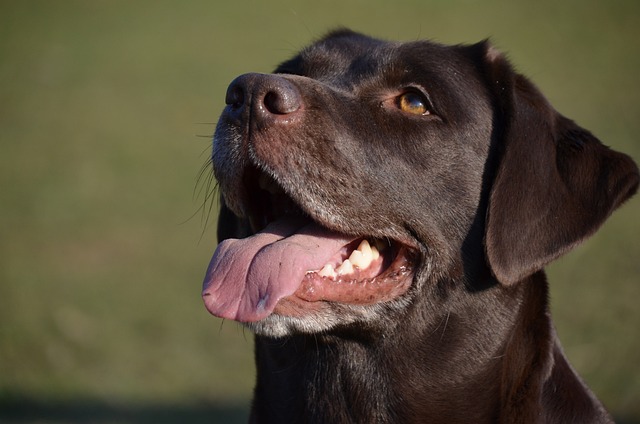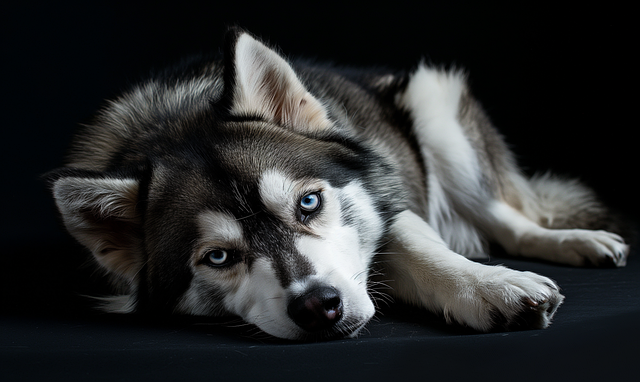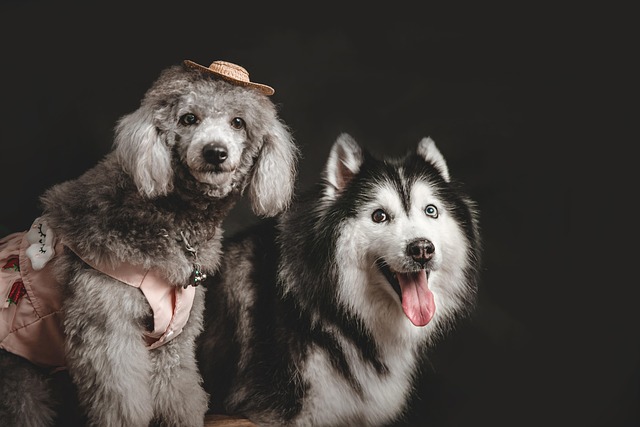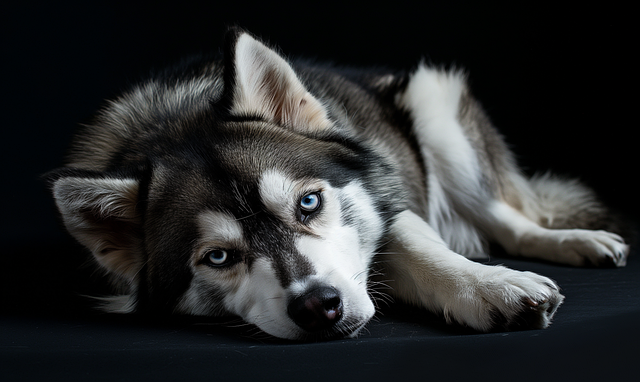
How to clean your dog's mouth?
As owners, we always want to give our dogs meticulous care, and oral cleaning is an indispensable but often neglected part of this care.
When we welcome a furry little life into our home and watch it running happily with its tail wagging, our hearts always surge with endless tenderness and responsibility. And a large part of this responsibility is reflected in choosing a healthy diet for it. A dog's diet is not only a fuel to maintain life, but also a key factor in determining their health and vitality. Every feeding is an expression of our love for them. So, what kind of diet is the healthiest and can make our fur children thrive and accompany us longer?
As an omnivorous animal, dogs have complex and delicate nutritional needs. Protein is the cornerstone of building and repairing body tissues. For dogs, high-quality animal protein is essential. Meats rich in amino acids, such as chicken, beef, and fish, can meet the dog's needs for muscle growth, hair health, and many other aspects. Imagine a dog with sufficient protein intake, strong muscles and smooth hair, running in the sun with full vitality. What a beautiful picture that is. Carbohydrates are an important source of energy for dogs. A moderate amount of grains, such as brown rice and oats, not only provide stable energy, but also contain rich dietary fiber, which helps maintain intestinal health. But it is worth noting that some dogs may be allergic to grains, so a grain-free diet is needed.
In addition to protein and carbohydrates, fat also plays an important role in a dog's diet. Healthy fats, such as Omega-3 and Omega-6 fatty acids, are essential for the health of a dog's skin and hair. Without these fatty acids, dogs may have itchy skin and dry hair. When we touch a dog, the touch of smooth hair is not only a reflection of its health, but also a wonderful experience of our close interaction with it. In addition, vitamins and minerals are also indispensable. Vitamin A helps maintain a dog's vision and immune system, vitamin D promotes calcium absorption and ensures bone health; minerals such as calcium, phosphorus, and magnesium work together to support a dog's strong body. The lack of any nutrient element may affect the dog's overall health, just like a building will become unstable if a cornerstone is missing.
 When choosing dog food, the dazzling array of products on the market often makes people dazzled. High-quality commercial dog food should be scientifically proportioned to fully meet the nutritional needs of dogs. We can carefully check the ingredient list on the dog food package. The top ones should be high-quality protein sources such as meat, not grains or fillers. At the same time, try to choose natural food without artificial additives and preservatives. Every time you choose dog food for your dog, it's like carefully selecting a gift for it, hoping to give it the best. However, commercial dog food is not the only choice. Some owners will choose to make their own dog food and cook delicious food for their dogs with fresh ingredients. Homemade dog food can indeed ensure the freshness and quality of the ingredients, but the owner needs to have a deep understanding of the dog's nutritional needs and ensure a balanced combination of various nutrients, otherwise it is easy to have nutritional imbalances.
When choosing dog food, the dazzling array of products on the market often makes people dazzled. High-quality commercial dog food should be scientifically proportioned to fully meet the nutritional needs of dogs. We can carefully check the ingredient list on the dog food package. The top ones should be high-quality protein sources such as meat, not grains or fillers. At the same time, try to choose natural food without artificial additives and preservatives. Every time you choose dog food for your dog, it's like carefully selecting a gift for it, hoping to give it the best. However, commercial dog food is not the only choice. Some owners will choose to make their own dog food and cook delicious food for their dogs with fresh ingredients. Homemade dog food can indeed ensure the freshness and quality of the ingredients, but the owner needs to have a deep understanding of the dog's nutritional needs and ensure a balanced combination of various nutrients, otherwise it is easy to have nutritional imbalances.
Age is also an important factor affecting dog diet. Puppies are like human children. They are in a stage of rapid growth and development and need more protein and calcium to support bone and muscle growth. The diet during this period is like laying a solid foundation for their future. The body functions of elderly dogs gradually decline, their digestive ability weakens, and their food needs are also different. They need easier-to-digest food and an appropriate amount of joint-protecting nutrients, such as glucosamine and chondroitin, to relieve joint wear and pain. Looking at the old man who was once lively and active, we hope that through a suitable diet, he can still enjoy the fun of life in his later years.
In addition, each dog has its own unique individual differences. Some dogs may be allergic to certain foods, such as common dairy products, eggs, etc. Once ingested, they may experience allergic symptoms such as skin itching and diarrhea. At this time, the owner needs to carefully observe the dog's reaction and adjust the diet in time. Some dogs may need special dietary management due to diseases such as kidney disease and diabetes. In the face of these situations, we are like the dog's "exclusive nutritionist", patiently looking for the most suitable diet for them, just to make them suffer less from illness.
Choosing a healthy diet for dogs is a journey full of love and responsibility. Every feeding is our protection of its health; every careful selection of food is our deep care for it. When you see the dog finish the food with satisfaction and wag its tail to act coquettishly to us, all the efforts become worthwhile. May we all be excellent “poop scoopers” and use the healthiest diet to accompany our furry children through a long and happy life.

As owners, we always want to give our dogs meticulous care, and oral cleaning is an indispensable but often neglected part of this care.

When a Samoyed enters our lives, its cloud-like fluffy white fur can instantly brighten the whole world. With angelic smiles and fur fluttering in the wind as they run,

When you lean over to kiss your dog's furry cheek, if you are "repelled" by a pungent smell, this may be a reminder that it is urgent to clean your dog's teeth.

When we watch dogs running joyfully on the grass and wagging their tails to snuggle into our arms, it’s hard to imagine

When we welcome a furry little life into our home and watch it running happily with its tail wagging, our hearts always surge with endless tenderness and responsibility.

When strolling down the street with our beloved Poodle, its vibrant curly coat always catches everyone's eye, like a lively colorful cloud adding countless charms to life